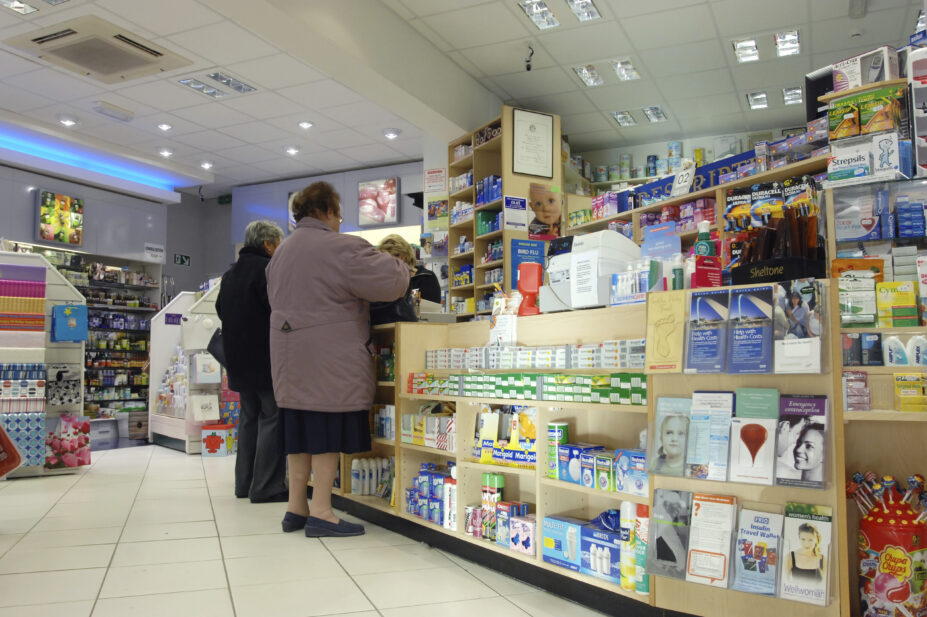
MEDICIMAGE / SCIENCE PHOTO LIBRARY
An initiative to provide socially vulnerable patients with free access to over-the-counter (OTC) medicines is being launched in community pharmacies in north London.
The ‘Self-care medicines scheme’ will be funded from 1 April 2024 by NHS North Central London Integrated Care Board (ICB), which covers the boroughs of Barnet, Camden, Enfield, Haringey and Islington.
A spokesperson for NHS North Central London ICB told The Pharmaceutical Journal that the scheme would “support patient access to treatment given challenges with cost of living, release capacity in GP surgeries and urgent care centres, and support the newly launched Pharmacy First service”.
It will be open to patients who are unable to afford OTC medicines because of low income, including people aged 16–18 years in full-time education, people who receive free prescriptions for financial reasons and people who are homeless.
The spokesperson added that the scheme would work “to mitigate demand from minor illness that otherwise arises in general practice, accident and emergency departments, and NHS 111”.
“This has a positive impact on access and demand management — routing patients away from general practice and into community pharmacy pathways — and supports and empowers patients to manage their own health where clinically indicated as appropriate,” they said.
A pilot scheme has been running since July 2021 in the boroughs of Camden, Haringey and Islington, and will be expanded to include Barnet and Enfield after 31 March 2024.
Shilpa Shah, chief executive of Community Pharmacy North East London, told The Pharmaceutical Journal that the ICB includes “some of the most deprived areas in England”.
“The cost of living is affecting everyone, and this is worse for people in deprived areas, so we all have a responsibility to ensure that patients get the help that they need. This scheme will ensure that it happens.
“Whilst many of these conditions are self-limiting, we cannot underestimate the effect of symptom relief for patients, many of whom cannot afford to take a day off work when they’re feeling unwell,” she said.
“Pharmacy First is brilliant in releasing capacity from GP to community pharmacy, but when recommending an OTC medication, if a patient cannot afford it, we have to send them back to the GP for a prescription.
“This causes inconvenience to the patient as well as increasing GP and community pharmacy workload,” Shah added.
Commenting on the scheme, James Davies, director for England at the Royal Pharmaceutical Society, said that it showed “a proactive approach to healthcare accessibility”.
“By using community pharmacies, not only does the initiative enhance patient care but also alleviates pressures on GP surgeries and urgent care centres, promoting a more efficient healthcare system,” he said.
A community pharmacy minor ailments scheme, which offered free access to OTC medicines for patients receiving free prescriptions across 14 London boroughs, ended on 31 March 2020.
Many minor ailments schemes were phased out after NHS England originally published guidance in March 2018 advising that patients should self-care for minor and self-limiting conditions. However, some ICBs, such as Greater Manchester, have funded similar schemes for patients with low incomes.


